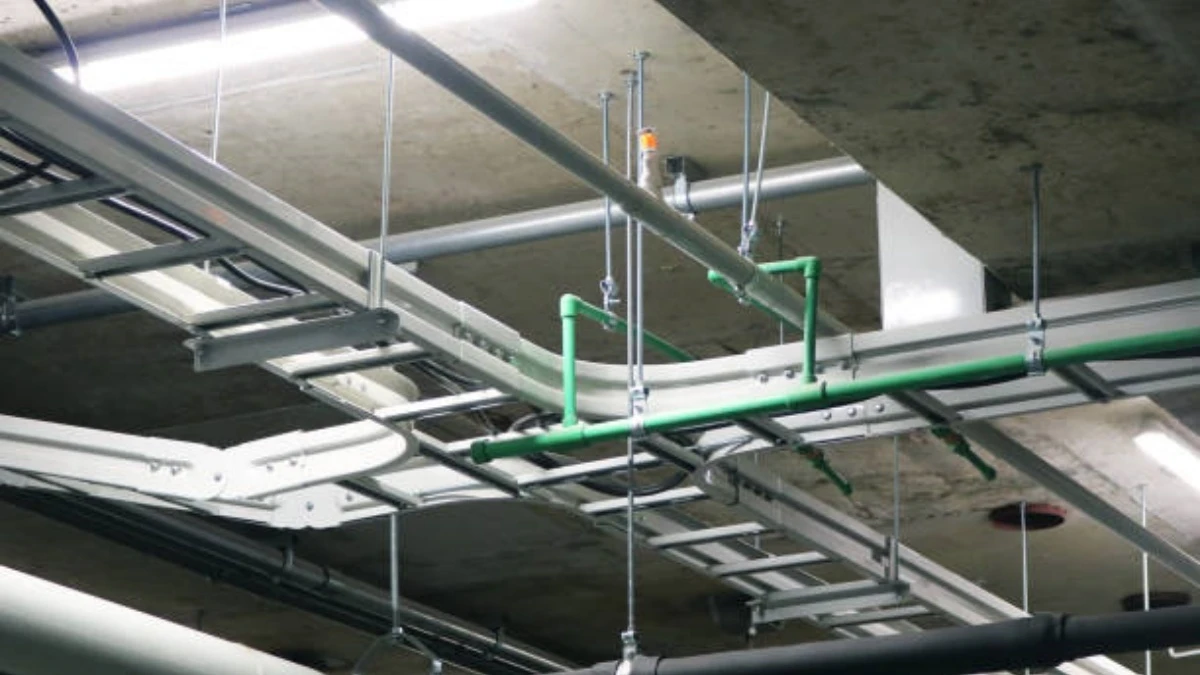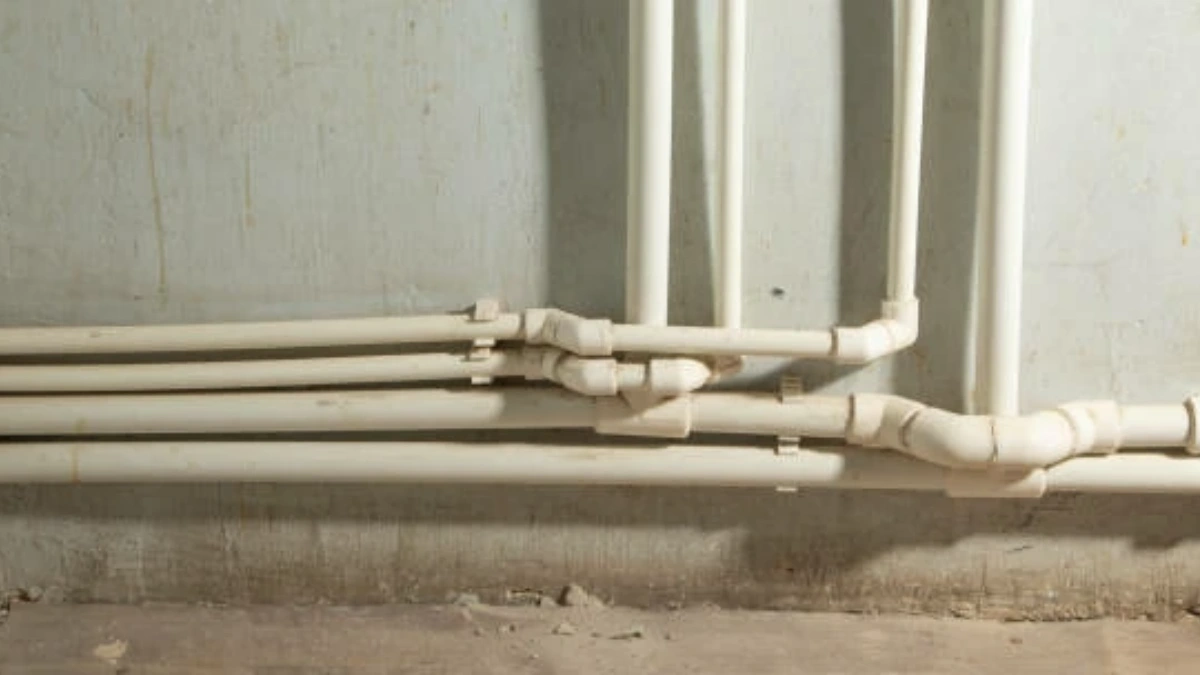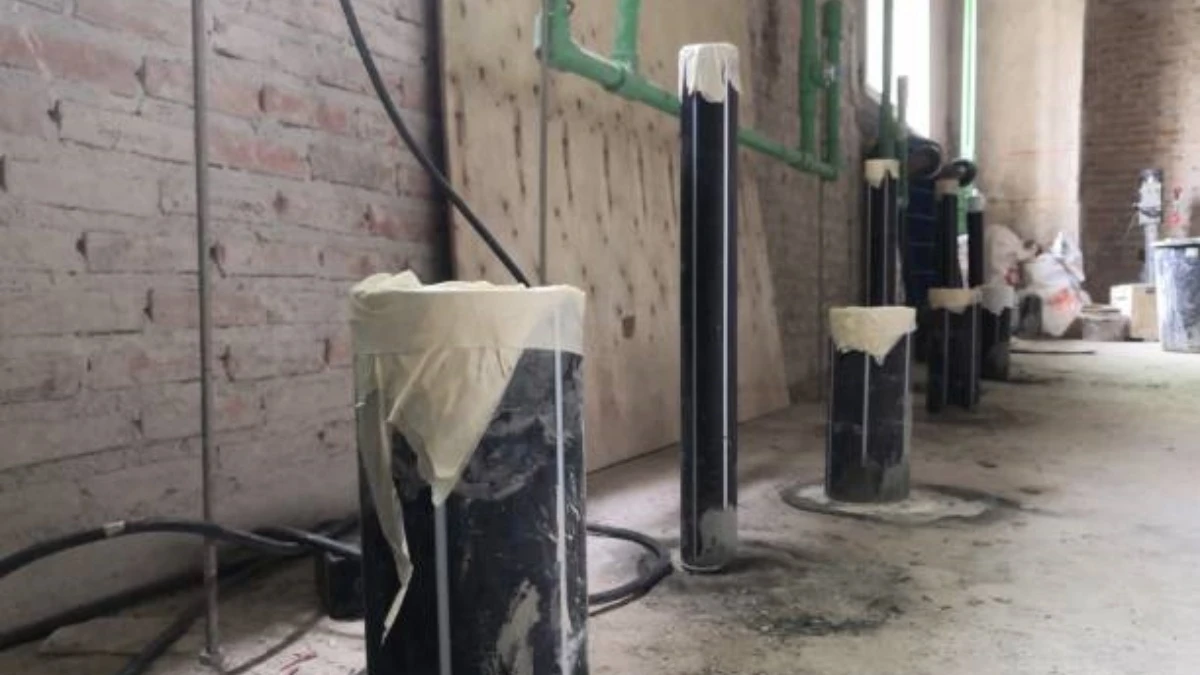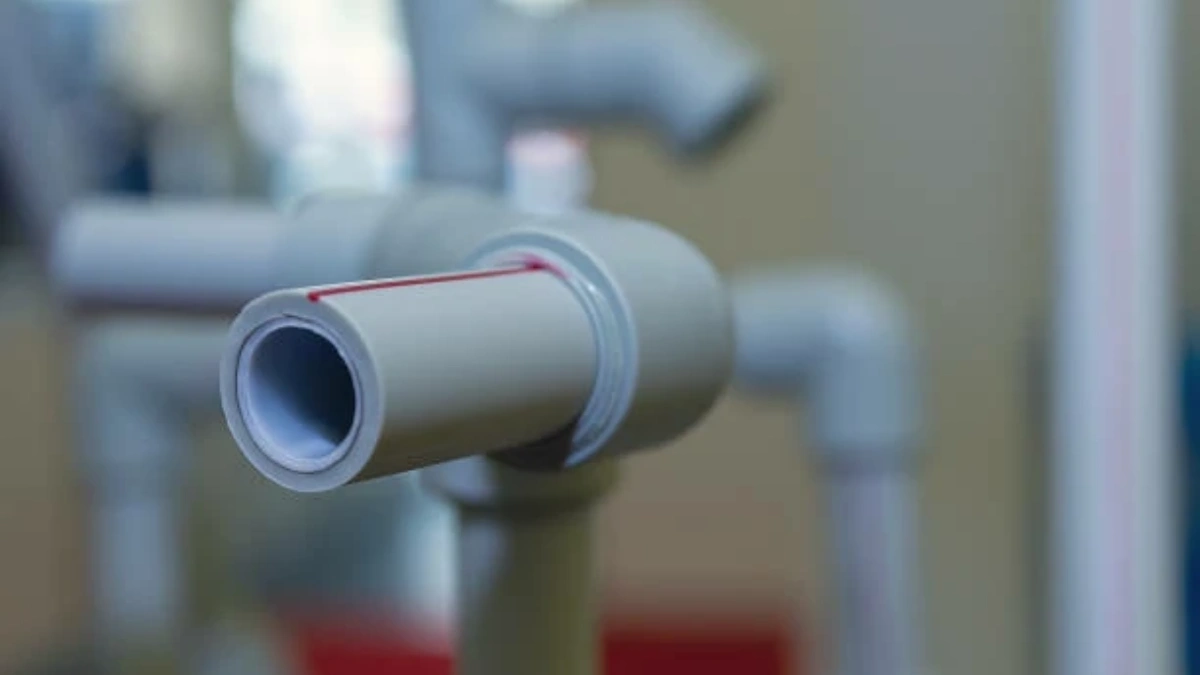These simple, cost-effective components play an essential role in joining pipes and ensuring the smooth flow of water throughout residential, commercial, and industrial systems. Yet, despite their importance, many people aren’t fully aware of the vast array of benefits and uses that PVC pipe connectors offer.
In this article, we will explore why PVC pipe connectors are a game-changer in water systems, highlighting key features you might not have known sooner and demonstrating how to make the most of these versatile tools. Whether you’re a homeowner looking to upgrade your plumbing or an industrial professional managing water distribution, understanding the full potential of PVC pipe connectors can enhance both the efficiency and longevity of your systems.
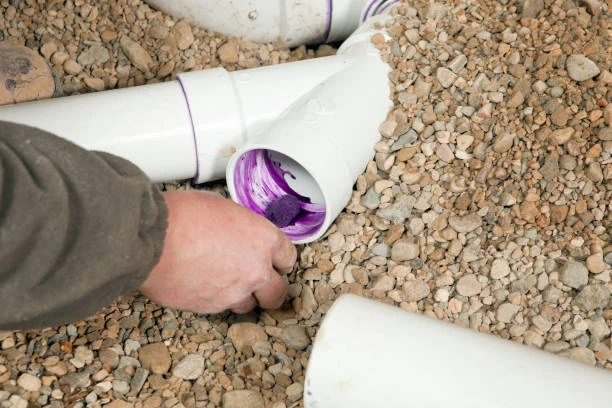
What Are PVC Pipe Connectors and Why Do They Matter?
These connectors come in many shapes and sizes, including elbows, tees, couplings, unions, reducers, and caps. The purpose of each type of connector varies, but all serve the same ultimate goal: to maintain a secure, leak-free water passage through your system.
However, their ability to prevent leaks, avoid corrosion, and ensure high water flow makes them indispensable to plumbing, irrigation, and water filtration systems. Whether you are constructing a small garden irrigation setup or a large-scale municipal water network, choosing the right PVC connectors can significantly impact the system’s reliability, efficiency, and long-term durability.
Why PVC Pipe Connectors Are the Unsung Heroes of Water Systems
1. Corrosion Resistance
One of the major advantages of PVC pipe connectors is their resistance to corrosion. Unlike metal connectors, which are prone to rust and corrosion when exposed to moisture, PVC connectors remain unaffected by water and most chemicals, making them ideal for both fresh and wastewater applications. This property extends the life of your water system and eliminates the need for frequent maintenance or replacements, reducing both operational costs and downtime.
2. Ease of Installation
PVC connectors are incredibly easy to install, which makes them an attractive option for both professionals and DIY enthusiasts. Solvent welding, for instance, requires just a primer and glue to secure a tight, permanent seal between the pipe and connector. Even large-scale industrial applications can benefit from the simple and cost-effective installation process that PVC pipe connectors offer.
3. Cost-Effectiveness
PVC pipe connectors are one of the most affordable options available for pipe joining. The low material costs of PVC, combined with the simplicity of the manufacturing process, make these connectors highly cost-efficient. This affordability doesn’t come at the expense of quality or durability, however.
How PVC Connectors Enhance Water Flow and System Performance
1. Optimized Flow Efficiency
PVC connectors ensure that water flows smoothly through your pipes without any interruptions. By maintaining a secure connection, PVC connectors help optimize water flow, reducing the potential for blockages or disruptions in service. A minor leak or break in a connector can significantly reduce the system’s overall efficiency, making PVC connectors a key player in enhancing the overall performance of water distribution systems.
2. Reducing Maintenance Costs
Because PVC connectors are resistant to corrosion and wear, they can dramatically reduce long-term maintenance costs. Metal connectors often corrode, leading to leaks, water quality issues, and the need for replacement. PVC, however, maintains its strength and integrity even under continuous exposure to water, which helps to minimize repair costs and system downtime.This makes PVC pipe connectors particularly attractive to homeowners, small businesses, and industries looking to maintain a cost-effective water system.
3. Sustainability Benefits
In today’s world, sustainability is an essential consideration. PVC connectors, made from recyclable material, contribute to a circular economy, which is vital for reducing waste. Furthermore, PVC’s resistance to biofouling (buildup of bacteria, algae, or microorganisms) ensures that water quality remains pristine, which is particularly important in drinking water systems. This ability to maintain water purity and efficiency contributes to a healthier environment and a more sustainable water management system.
Types of PVC Pipe Connectors You Should Know
PVC connectors come in various types, each serving a unique purpose in different water systems. Understanding which type of connector to use for each application will ensure optimal system performance.
1. Elbows
Elbows are used to create a 90-degree bend in the pipe, redirecting water flow around corners or obstacles. These connectors are available in different angles, such as 45 degrees or 90 degrees, depending on the needs of your system.
2. Tees
A tee connector allows you to branch off the main line and connect additional pipes. This is especially useful in irrigation systems or larger plumbing networks where multiple points of water distribution are required.
3. Couplings
Couplings are simple connectors used to join two pipes of the same size together in a straight line. They are often used to extend pipe lengths or repair broken sections.
4. Reducers
Reducers are used to connect pipes of different diameters. These connectors are essential when transitioning from larger pipes to smaller ones or vice versa, such as when connecting a main water line to a branch.
5. Caps and Plugs
Caps are used to seal the end of a pipe, ensuring that water doesn’t escape. They are often used in unfinished piping systems or to temporarily stop water flow in a section of the system.
PVC Connectors in Specialized Applications
Beyond everyday plumbing and water distribution, PVC connectors are widely used in specialized applications. For instance, in irrigation systems, PVC pipe connectors ensure even water distribution, reducing waste and ensuring that all parts of a garden or farm receive adequate hydration. In water filtration systems, these connectors help maintain a consistent flow of water through filtration stages, optimizing the system’s efficiency.
In industrial settings, PVC connectors are used to manage large-scale water distribution and cooling systems. Their durability, resistance to chemicals, and ability to handle high-pressure conditions make them indispensable in industries that rely heavily on water for operations.
Conclusion: The Essential Role of PVC Pipe Connectors
PVC pipe connectors are far more than just simple tools—they are integral components in ensuring the smooth, efficient, and cost-effective operation of water systems. From their ease of installation to their long-term durability and cost-effectiveness, PVC connectors offer a reliable solution for both residential and industrial applications. By understanding the importance and benefits of PVC connectors, you can make better decisions for your water systems, ensuring optimal performance and reducing long-term maintenance costs.
FAQ (Frequently Asked Questions)
Q: Can PVC pipe connectors be used for hot water systems?
A: PVC connectors are not suitable for hot water systems as they can warp or degrade at high temperatures. For hot water applications, CPVC (Chlorinated Polyvinyl Chloride) connectors, which are designed to handle higher temperatures, should be used.
Q: Are PVC pipe connectors resistant to chemicals?
A: Yes, PVC connectors are highly resistant to many chemicals, including acids, salts, and bases, making them ideal for use in industrial and water treatment systems. However, for highly aggressive chemicals, it’s important to check the specific chemical resistance of the material with the manufacturer.
Q: How long do PVC pipe connectors last?
A: PVC pipe connectors are designed to last for decades. With proper installation and minimal exposure to UV rays (in outdoor settings), PVC connectors can last up to 50 years or more.








